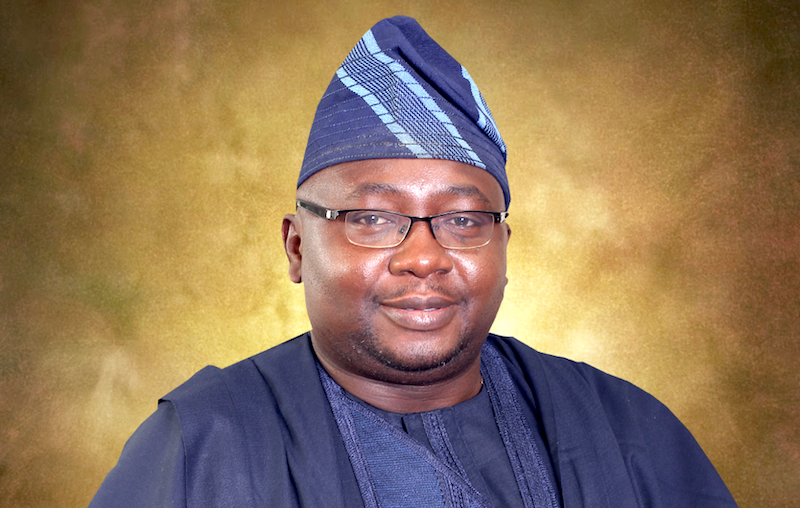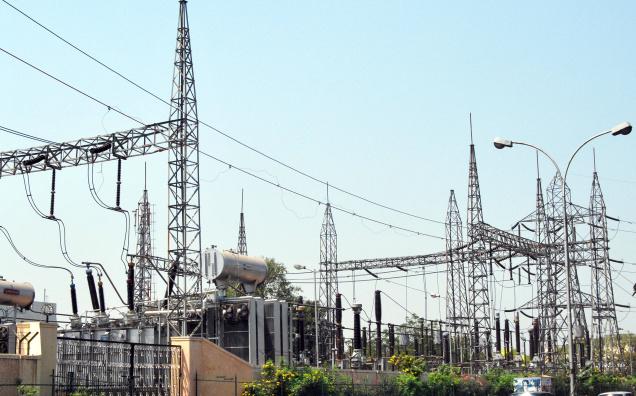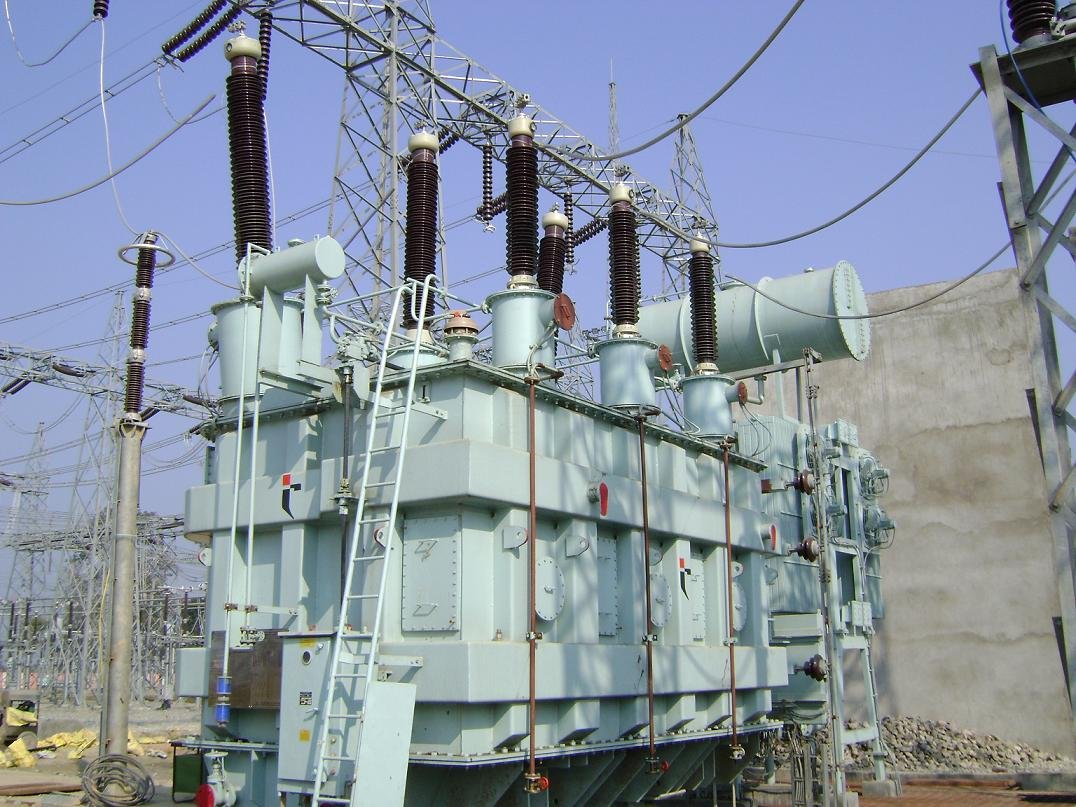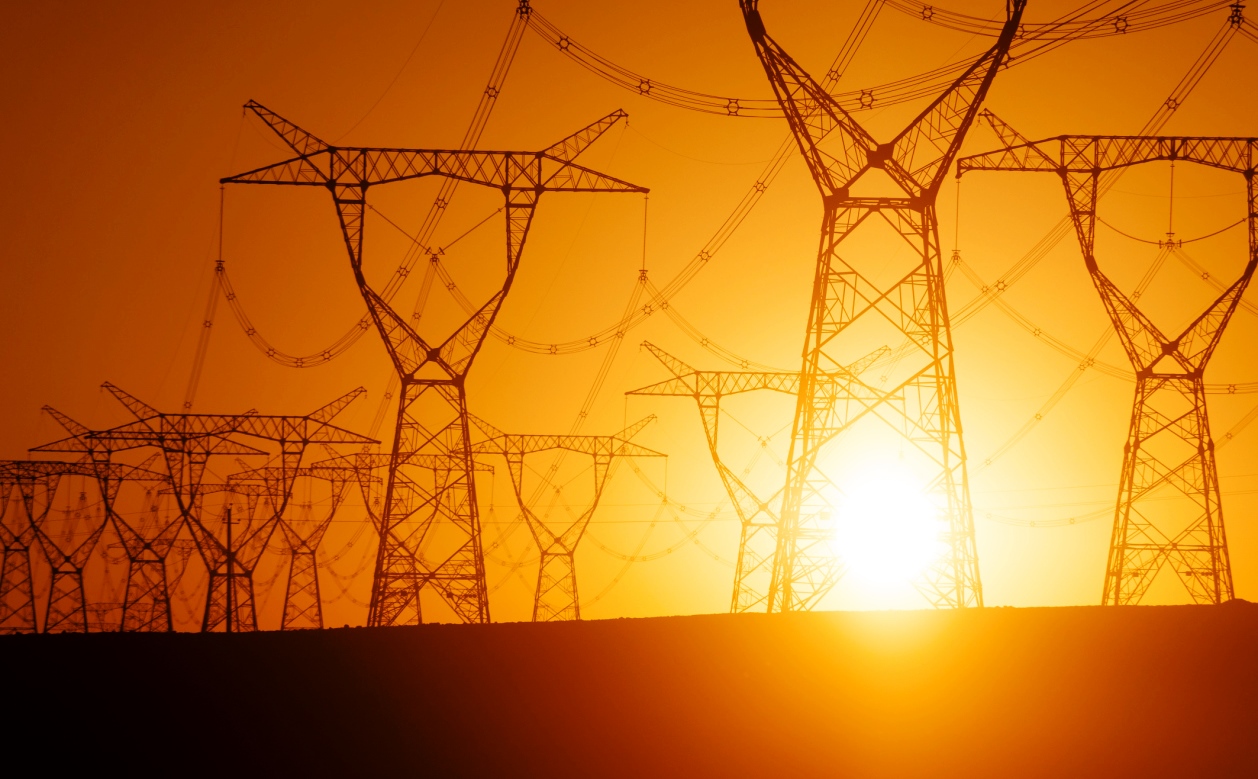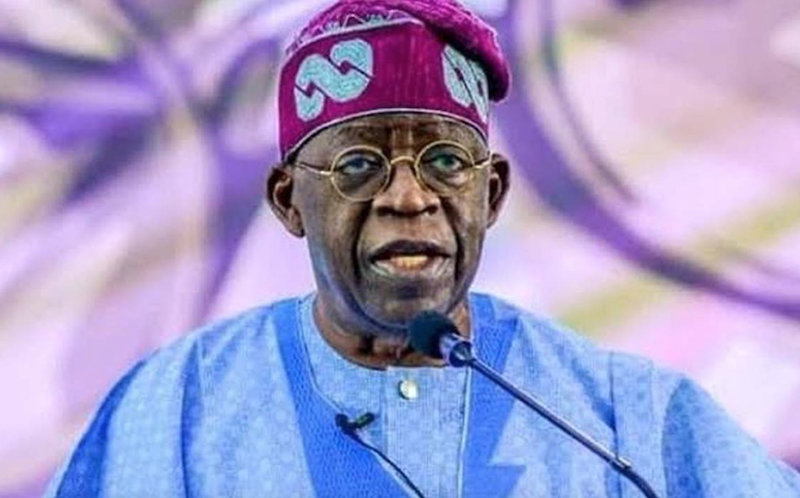The Minister of Power, Mr Adebayo Adelabu has again attributed the inability of Nigeria to generate enough electricity to low or shortage in gas supply.
TheNewsGuru.com (TNG) reports Adelabu said this in Abuja on Monday while meeting with the Heads of Power Agencies and other stakeholders in the industry.
The Minister disclosed federal government plans to increase electricity megawatts from 4000 to 6000 within the next three to six months to improve power supply.
Adelabu said that he had visited a number of generation companies and confirmed that they had the installed capacity to generate the 6000 megawatts.
According to him, a large percentage of the installed capacity is operational, but they are not available because of low or shortage in gas supply.
“4000 megawatts is not acceptable and we have plans to increase the megawatts to a minimum of 6000 to 6500 within the next three to six months.
”What we are looking at is to have an agreement to ramp up to a minimum of 6000 megawatts within the next three to six months.
”I know that the highest we ever generated was 5,700 megawatts about three years ago, that was specifically in Nov. 2021.
”And these 5700 megawatts were also distributed. If we could achieve 5,700 at that time, I believe we still have infrastructure to generate between 6,000 and 6,500.
”Once there is gas supply, we want to ramp up generation to minimum 6,000 megawatts,” Adelabu said.
The minister said that he received information about a couple of improvements in the sector but that is not still acceptable until there is a quantum leap in terms of stable electricity supply.
“We need to do what we need to do to get the power sector to the desired level. Nigerians deserve the right to ask for good governance from people that are elected to power.
“They deserve the right to ask for improvement in service. People cannot be paying for darkness. What they should be paying for is light. And there should be consistent improvement in supply on a daily basis.
“So, I also want to use the opportunity to reassure Nigerians that what we are experiencing is temporary. We are addressing the root cause of all these issues.
The minister said that the ministry of power and the agencies under it are working day and night to ensure that the situation is reversed within a very short time.
He said the ministry and its agencies would not relent until stable power is achieved adding that the meeting was called to address the issues in the power sector.
Adelabu said that the administration of President Bola Tinubu is committed to addressing the root cause of the issues and address them so that there can be consistent electricity supply to consumers.
“This is the only way, we can guarantee good life for our people and increase industrialisation, employment, economic growth, and industrial development.
“It is true that the Electricity Distribution Companies are in the hands of private sectors. We do not have direct control but we need to compel them to perform.
“They must perform. If they do not perform, all our efforts in generation, transmission is zero. I had a meeting with the Chairman of Nigeria Electricity Regulatory Commission (NERC) on how to address DisCos performance,’’ he said.
Adelabu recommends capital punishment for vandals of power infrastructure
Reacting to the frequent vandalism of power infrastructure, the Minister of Power, recommended capital punishment for vandals and theft of power infrastructure.
Adelabu said the issue of power infrastructure vandalisation and theft was one of the pains the sector is going through.
”The ministry of power and agencies under it is pushing capital punishment for those involved in vandalisation and power thefts of all forms.
”Capital punishment is not too much because they are gradually killing the nation. They are killing the economy. They are killing the people.
“Vandals are getting too many comfort all over; transmission and distribution power assets.
“This is not only frustrating our efforts to achieve uninterrupted power supply, it is driving the nation backward,” he said.
Adelabu said that Nigerians must realise that these assets belong to them, so they must jealousy protect them, adding that it was the taxpayers’ money that was used to acquire them.
He said the ministry of power was collaborating with the office of the National Security Adviser and security agencies to protect them as it cost a lot of money to replace them when damaged.
The minister said that the ministry was also collaborating with states to have their protection framework to protect the infrastructure.
According to him, the Federal Government is also tryimg to provide at least two million meters on a yearly basis.
“So that in four to five years, the huge meter gap will disappear or significantly reduce..
He said that there was already a presidential metering initiative that was working on the metering gap.
”We already have a seed fund of N75 billion to start working. And we are also going to have some debt injection from the Nigerian Sovereign Investments Authority to complement the fund.
”There is even a possibility of increasing the fund to a ₦100 billion. We have a planned intervention to reduce the meter gap. But the Electricity Distribution Companies (DisCos) must also sit up.
”We need to interrogate their metering plans and give them the minimum target they must achieve in a year,” he said.
The minister said that as the meter gap wass being reduced, there were new connections as new communities were connected to the grd so we need to be aggressive on this.
